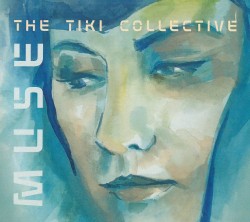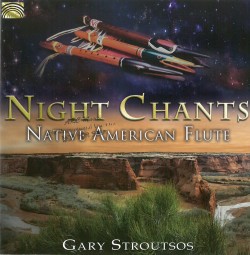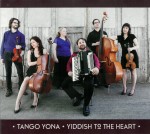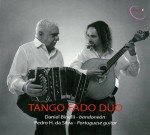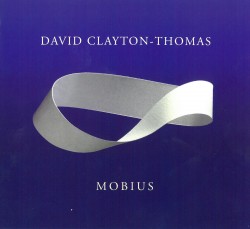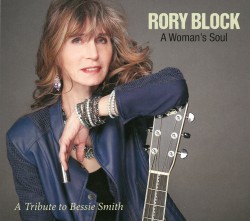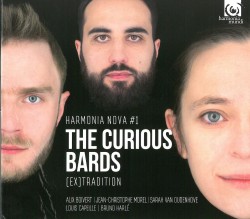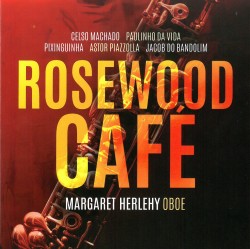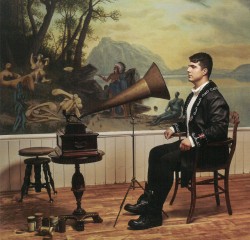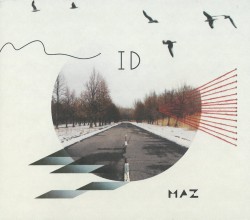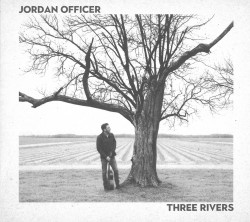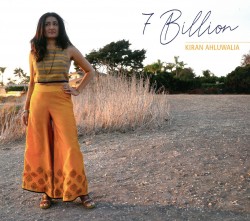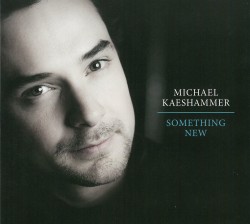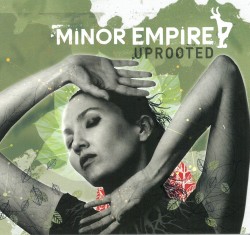World Café - Ron Korb
 World Café
World Café
Ron Korb
Humbledragon HD2018 (ronkorb.com)
Flutist and musical polymath, Ron Korb’s modus operandi is to study a musical genre, assimilate it and then compose a program of music reflecting that genre, take it on the road, and, finally, put it on CD, performed on the flutes most appropriate to the music, from his enormous collection of instruments from all over the world. For his 33rd CD, World Café, the musical genre he has chosen is “the Latin world ... Spain, Cuba and South America.” The outcome is both convincingly authentic and addictively alluring!
Take the very first track, Bailar Conmigo, which begins with a burst of infectious rhythmic energy from his collaborators, the perfect foil for the long but always forward-moving phrases of the melody, played in the sultry low register of a regular concert flute. To his credit, Korb moves out of the way partway through for a terrific solo by lead guitarist, Bill Bridges. Similarly, track two, Sans Regret, was intended to be a flute solo but, as Korb explains in his notes, Joe “...Macerollo did such an incredible job that this song became an accordion solo.”
Macerollo isn’t the only top-flight musician on this CD. In track four, Hilario, he enlists the great pianist Hilario Durán and two other Cuban musicians, Papiosco on congas and Roberto Riveron on bass. Korb’s stunning solo line rides the energy of his fellow musicians like a surfer on giant waves!
The remaining nine tracks are just as good as the three I have mentioned. A stellar effort!


